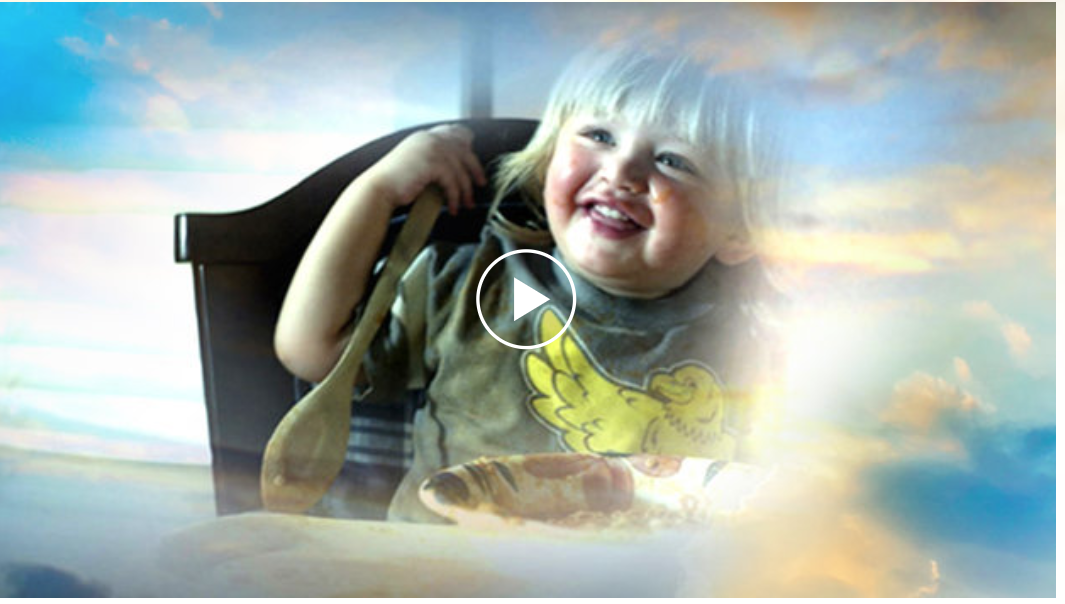How to Handle Kids (Or Adults Who Act like Kids), Part Two
Part One covers the first three key ingredients to help children grow into confident, responsible and independent adults. Part Two continues with three more.
4. Give Kids Enough Freedom, but Not Too Much
Children need freedom or they will resent you.
“How would you like to be pulled and hauled and ordered about and restrained from doing whatever you wanted to do? You’d resent it.” – L. Ron Hubbard
Kids who are constantly bossed around or micromanaged may grow angry or rebellious.
Wrong Approach Examples
- “Stop what you’re doing and come here right now!”
- “You can’t make any decisions on your own.”
- “I expect you to follow every rule without question.”
Right Approach Examples
- “I want to hear your ideas before we decide what to do.”
- “You can choose what game to play after homework is done.”
- “You’re old enough to decide some things for yourself.”
But what if you give them freedom and they might hurt themselves?
“You say that if he is not restrained from pulling things down on himself, running into the road, etc., he’ll be hurt. What are you as an adult doing to make that child live in rooms or an environment where he can be hurt?” – L. Ron Hubbard
Wrong Approach Examples
- “Don’t touch anything in this house. It’s all breakable.”
- “You can’t play outside because there are too many hazards.”
- “You need to stay still or you might hurt yourself.”
Right Approach Examples
- “I moved the breakable things so you can play without me worrying.”
- “We set up a safe play area where you can run around.”
- “Let’s learn how to handle tools safely instead of keeping them locked away forever.”
Children thrive when they have freedom within safe boundaries. Too much restriction creates rebellion, while too much freedom too soon creates chaos.
5. Help Kids Reach Their Main Goal
Children need a goal that gives their growing-up years purpose.
“Perhaps the single most important point to make clear to the parents is the importance of giving goals to a child, and that the most important goal is that of growing up to be an adult.” – L. Ron Hubbard
Giving kids responsibilities and age-appropriate challenges helps them feel capable and motivated.
Wrong Approach Examples
- “You don’t need to do chores. You’re just a kid.”
- “I’ll take care of everything for you because you can’t handle it.”
- “You don’t need to think about the future yet. Just relax.”
Right Approach Examples
- “You’re ready to take on more responsibilities this year.”
- “Let’s set a goal for you to save for something you want.”
- “You can handle this new job at home. I trust you.”
But does that mean kids should have the same rights as adults?
“But under no circumstances should he be possessed automatically of as much right as an adult in the sphere of the home. To give him this is to remove the main goal of his life: growing up.” – L. Ron Hubbard
Wrong Approach Examples
- “Act however you like. Eat whatever you want. Sleep whenever you like. Unlimited screen time, no problem.”
- “Chores? Do whatever you want.”
- “You can have all the freedom of an adult any time you like.”
Right Approach Examples
- “When you show me you can handle more responsibility, you’ll get more freedom.”
- “Privileges come when you’re ready to handle them.”
- “Let’s talk about what freedoms you’ve earned this year.”
6. Why Some Adults Act Like Kids
“Children who have received too large a bonus for being children are those who progress the least satisfactorily.” – L. Ron Hubbard
Kids who get endless rewards for being cute or funny—without learning responsibility—often grow into adults who expect life to keep rewarding them without effort or accountability.
Wrong Approach Examples
- “You don’t need to do anything. Here’s another gift because you’re so cute!”
- “It’s okay if you never help out. You’re still my baby.”
- “Your little dance is so good, you get a new iPhone!”
Right Approach Examples
- “I’m proud of how you are helping me without instructions.”
- “Once you take care of your daily chores, you’ll earn more privileges.”
- “I know you can handle this responsibility. I’ll support you, but it’s your job.”
Rewards should be tied to effort, responsibility and progress, not for just being a kid.
6-Point Summary (Parts One and Two)
- Love and Affection: Give plenty of genuine warmth; it never spoils a child.
- Respectful Guidance: Lead as a friend and example, not as a controller.
- Understanding and Support: Observe, listen and respond with steadiness and tolerance.
- Balanced Freedom: Provide freedom within safe boundaries to encourage exploration and responsibility.
- Goals and Responsibilities: Set meaningful goals and age-appropriate tasks; let independence grow as maturity grows.
- Avoid Overindulgence: Tie rewards and privileges to effort and responsibility, not just charm or cuteness.



